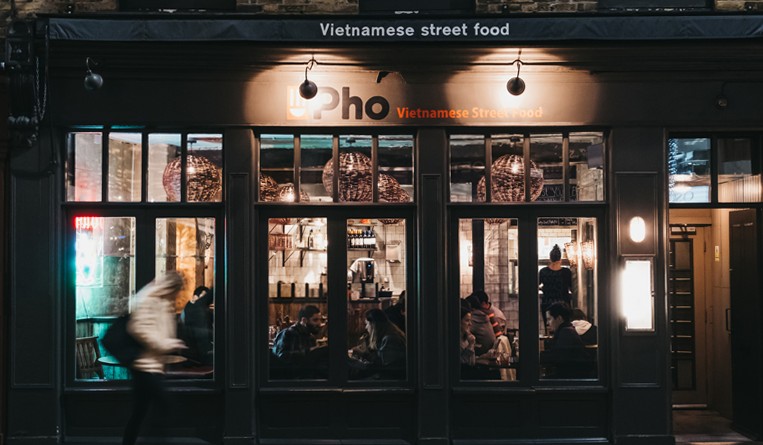F&B companies should avoid using simple names of dishes as trademarks
16 January 2025

Brand owners in the food and beverage industry should avoid using simple names of dishes as trademarks. These include names of dishes in other languages.
Instead, they are advised to use distinct marks.
According to Hoa Tran, a partner at Baker McKenzie in Hanoi, this is one of the key takeaways from the controversy surrounding the British restaurant chain Pho Restaurant, which has 45 outlets in the UK.
In October 2024, Pho Restaurant and its parent company Pho Holdings faced online criticism, mainly from TikTok users, over its use of “Pho.” Pho is the name of a famous soup dish in Vietnam. The criticisms expressed people’s dismay over the fact that the chain held a registered trademark for the common Vietnamese word, which may prohibit Vietnamese food establishments in the UK from using “pho” and profiting from the very name of a globally popular dish that originated from their own country.
In 2013, Pho Holdings sent a legal notice of trademark infringement to the London-based Vietnamese dining establishment Mo Pho Viet Cafe. The notice demanded that Mo Pho change its business name. Pho Holdings later changed its mind following criticisms about the legal notice.
Representatives of Pho Holdings denied the latest accusations, saying that the London couple who founded the group of restaurants, Stephen and Juliette Wall, had travelled to Vietnam, tasted pho and loved it. The Walls came back to the UK and put up the restaurant business in 2005 as a tribute to the well-loved Vietnamese cuisine. Subsequently, they submitted trademark filings for “PHO,” “Pho” and “pho.”
Made up of noodles, meat, vegetables, herbs, broth and sometimes chicken, pho is served everywhere in Vietnam – from homes to food stalls and restaurants. In 2024, the “phở” styles from the cities of Nam Dinh and Hanoi were officially recognized as an intangible national heritage. The government of Vietnam is also preparing a proposal to UNESCO to include “Pho” in the Representative List of the Intangible Cultural Heritage of Humanity.
Hoa Tran | partner @ Baker McKenzie, Hanoi
“For businesses in the ‘phở’ restaurant industry, incorporating the word ‘phở’ – with or without the Vietnamese accents – into the brand name can help make it more memorable for customers. This is a common practice in Vietnam, as seen at well-known establishments like Phở Thìn and Phở Cồ,” shared Tran.
Pho Holdings eventually requested the UK Intellectual Property Office to surrender its trademark registration for the word.
“From a legal perspective, cultural names or elements can be registered as trademarks under many legal systems. From a practical viewpoint, however, monopolizing cultural elements prevents the public from using them freely and may lead to public backlash,” said Tran.
“In this context, Pho Holdings’s voluntary surrender of its trademark is a good move to tackle the criticism,” she added, “making the word ‘Pho’ now free and available for all businesses in the UK to use.”
Another key takeaway is the need for IP offices to balance commercial exploitation and cultural appreciation.
“There are many cases worldwide where businesses register names associated with cultural heritage as trademarks, as these names already enjoy considerable popularity and reputation among consumers. That said, trademarking natural elements typically conflicts with the preservation of and respect for cultural heritages,” Tran explained.
She added that under Vietnamese regulations, common names of dishes in all languages cannot be registered as trademarks for related goods and services.
- Espie Angelica A. de Leon






